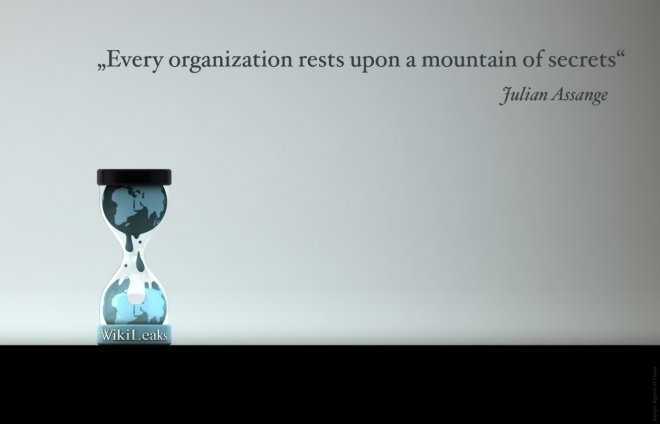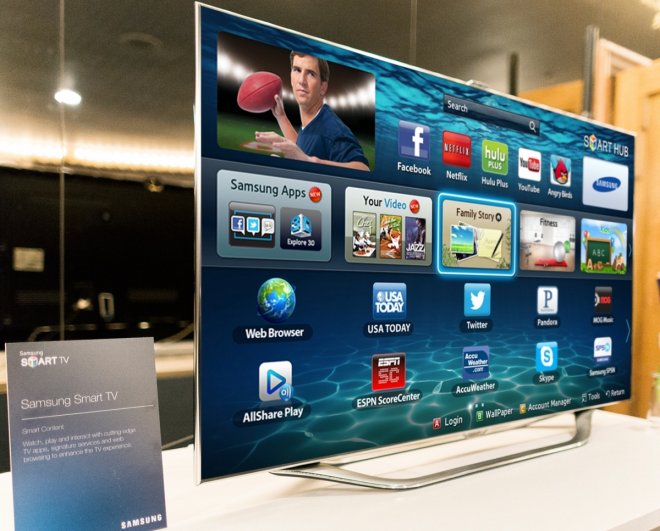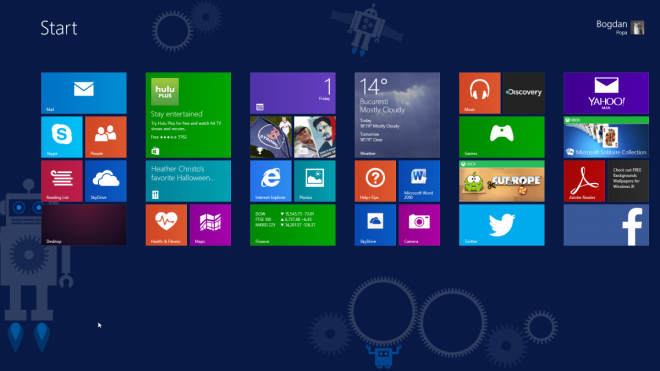After WikiLeaks revealed thousands of documents, which disclosed that CIA has developed ways to listen to people by hacking into the security systems of people's smartphones and smart TVs, the tech companies released statements stating how they are addressing the flaws mentioned in the documents.
The leaks said that CIA exploits the flaws that it finds in several software and hardware systems without informing the companies about them.

Apple released the most detailed statement, reported BBC, by saying "While our initial analysis indicates that many of the issues leaked today were already patched in the latest iOS, we will continue work to rapidly address any identified vulnerabilities."
"Our products and software are designed to quickly get security updates into the hands of our customers, with nearly 80% of users running the latest version of our operating system. We always urge customers to download the latest iOS to make sure they have the most recent security update, "added the report.
Samsung's F8000 series of smart televisions' security was also compromised via a USB connection based hack co-developed with MI5 agency of UK, revealed the WikiLeaks documents.

"Protecting consumers' privacy and the security of our devices is a top priority at Samsung. We are aware of the report in question and are urgently looking into the matter," said the South Korean company.
Microsoft was not excluded from the report as well. The leaks said that CIA has developed their own malware to target PCs that run Microsoft Windows operating system.

A spokesman from the company only said, "We are aware of the report and are looking into it", reported BBC.
There have been mentions about Google as well, as the US spy agency according to the report was able to "penetrate, infest and control" Android phones due to its discovery and acquisition of "zero day" bugs - previously unknown flaws in the operating system's code." But Google has declined to comment on that as of now.
Linux Foundation has also not reacted publicly yet against the claims made in the leaks that CIA could hack and take control of computers that are powered by Linux software.
Ex-CIA director Michael Hayden told the BBC, "If what I have read is true, then this seems to be an incredibly damaging leak in terms of the tactics, techniques, procedures and tools that were used by the Central Intelligence Agency to conduct legitimate foreign intelligence."
But there are some people who think CIA hacking into users' privacy is not a big deal, rather CIA being unable to keep its own privacy is a bigger concern.
Nicholas Weaver, a security researcher at the International Computer Science Institute in Berkeley blogged, "The story here isn't that the CIA hacks people. Of course they do; taxpayers would be right to be annoyed if that weren't the case. The CIA's job, after all, is [to] collect intelligence, and while its primary purview is human intelligence, hacking systems interacts synergistically with that collection. The actual headline here is that someone apparently managed to compromise a Top Secret CIA development environment, exfiltrate a whole host of material, and is now releasing it to the world... now the world wants to know who, and how, and why."









